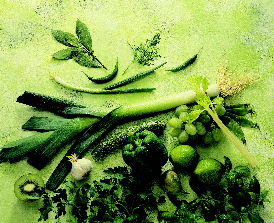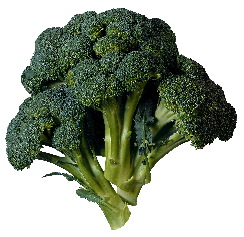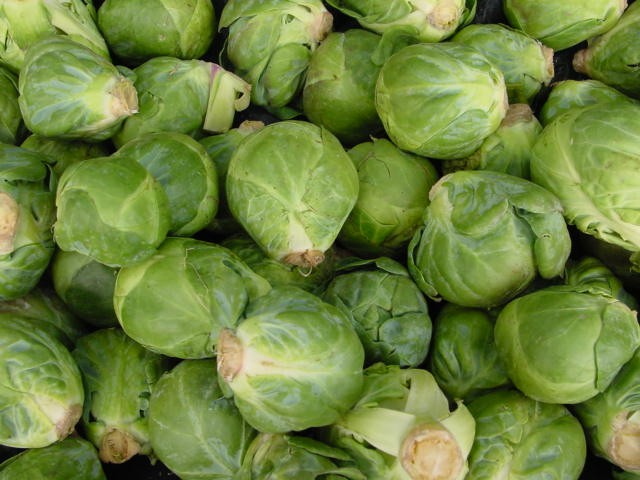Naturopathic health
Green vegetables & health
Green Vegetables - the healthiest element of a naturopathic diet
Eating well means enjoying your food and having plenty of variety. Fruit and vegetables Try to eat a variety of fruit, vegetables and salads. They are full of vitamins, antioxidants, minerals and fibre. The government recommendation is that you should eat five portions a day but naturopaths recommend a much higher level than this. Suppliers of frozen and tinned fruit and vegetables will try and convince you they are healthy but naturopaths recommend you always eat fresh and fruit and vegetables, preferably organic. Juicing is a great way to consume more fruit and vegetables Many vegetables have been identified with positive health benefitsBroccoli | Cauliflower | Brussel Sprouts | Cabbage Naturally occurring chemicals (glucosinolates which are metabolized to cancer preventive isothiocyanates) found in certain vegetables, like broccoli, cauliflower, brussel sprouts and cabbage, can enhance DNA repair in cells, perhaps helping to stop them becoming cancerous, according to a report published in the British Journal of Cancer in February 2006 However researchers at the University of Warwick (Thornalley et al 2007) found that the standard British cooking habit of boiling vegetables severely damages the anticancer properties of many Brassica vegetables such as broccoli, Brussel sprouts, cauliflower and green cabbage. Steaming and stir fry cooking did not appear to have the same detrimental effects. It should be noted that the researchers boiled the vegetables for 30 minutes! Separate studies have specifically linked broccoli to reducing the link of prostrate cancer and bladder cancer. Dark green vegetables | Spinach | Romaine Lettuce | Swiss chard Romaine lettuce and even darker green leafy vegetables like spinach, Swiss chard, kale, collard greens, mustard greens and turnip greens – contain beta-carotene as well as the carotenoid cousins called lutein and zeaxanthin. Beta-carotene, lutein and zeaxanthin are all powerful antioxidants that seem to play a role in blocking early stages in the development of cancer. High in folate Chilli PeppersOk they are not all green and are technically fruit but tests in mice showed that capsaicin triggered 80% of prostrate cancer cells to start the process leading to cell death. The US research in the Journal of Cancer Research (Cedars-SinaiMedicalCenter - March 2006) also found tumours treated with capsaicin were smaller. However there is also some research to show that prolonged heavy consumption of Chilli can increase the risk of stomach cancer. The Gerson InstituteGerson Therapy uses diet to boost the body's immune system to treat cancer, arthritis, heart disease, allergies, and many other degenerative diseases A typical Gerson therapy diet includes: Breast CancerScientists have found that a molecule in vegetables such as broccoli and cabbage can inhibit the growth of breast cancer cells and could be used in conjunction with drugs to help fight the cancer. Their findings (October 2006) were published in Carcinogenesis and discussed at the National Cancer Research Institute Conference.
|
Research homeHerbal remediesLifestyleHealthy recipesDetoxificationSupplementsJuicing
The Gerson Institute
|
|
|
If your starting to move towards a healthy diet and you want to take a major step forward then a detoxification programme can make a big difference. Click on the link below to find out more. Healthy Recipes Juicing SupplementsBach Flower Herbal Acupuncture Homeopathy DetoxificationMassage Qi Gong Nutrition & Diet Iridology Tissue Salts |










